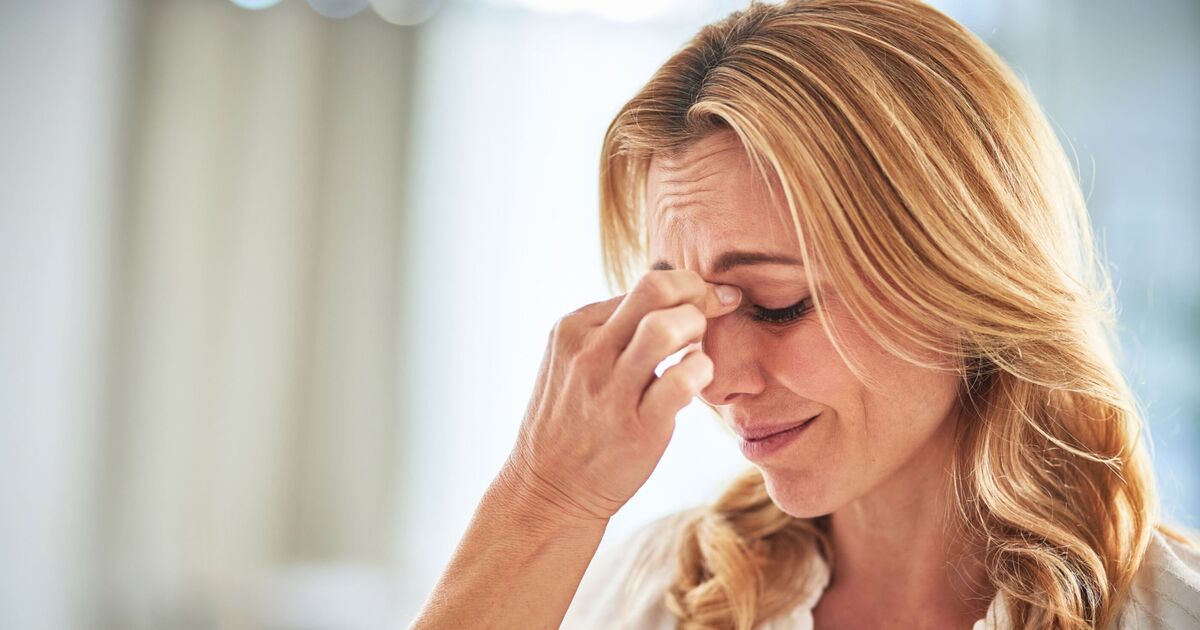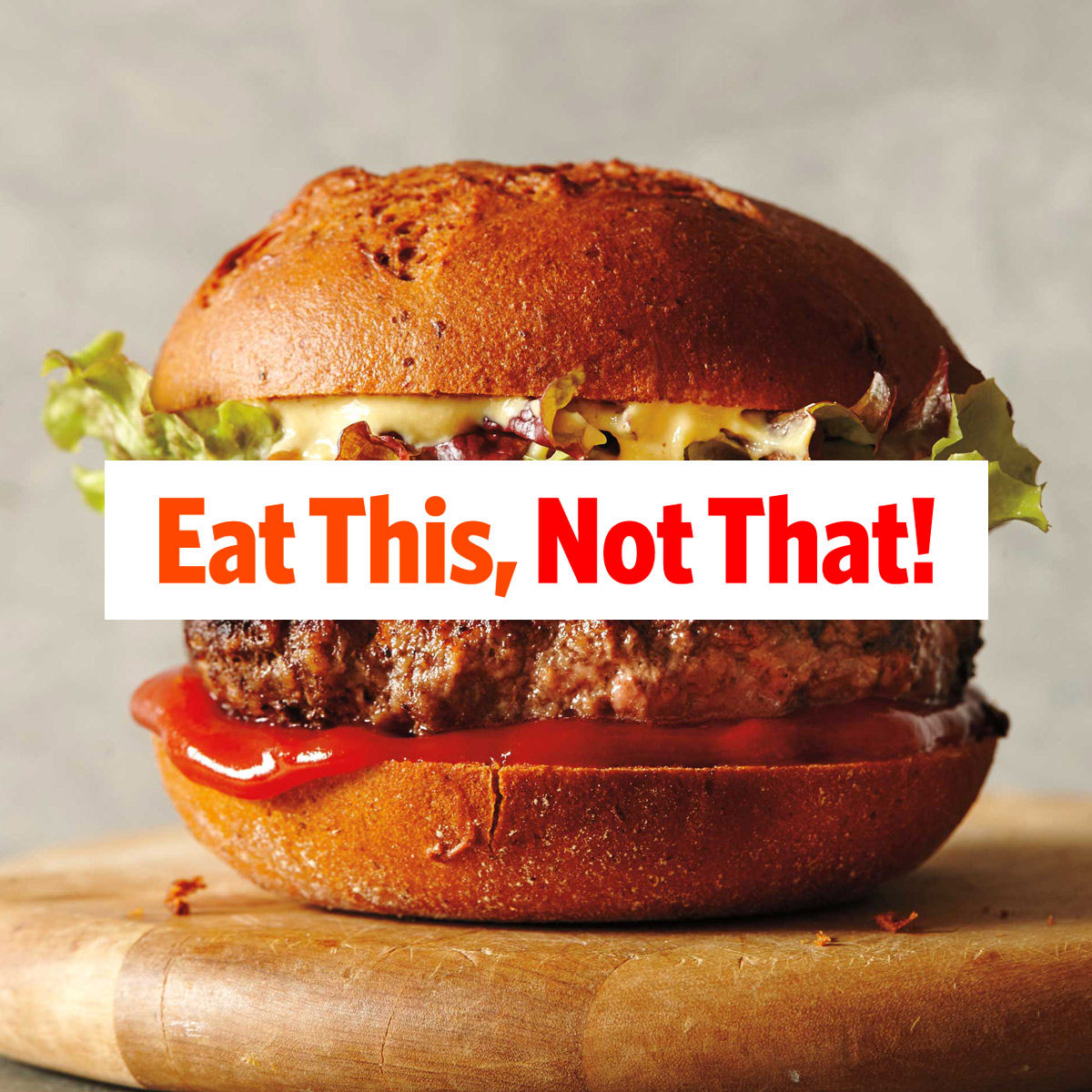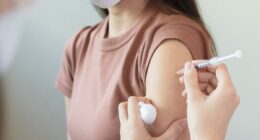If you’re having trouble sleeping, your diet could be to blame, particularly if it includes a common snack that contains caffeine. Caffeine is a stimulant found in coffee, tea, and energy drinks, known for its ability to keep us alert by stimulating the brain and nervous system.
The NHS recommends avoiding such stimulants at least two hours before bedtime due to their wakefulness-inducing effects. However, as caffeine can linger in the body for up to five hours, it might be wise to avoid it well before you plan to sleep.
While steering clear of caffeinated beverages like tea or coffee before bed is straightforward, it’s also important to avoid foods containing caffeine. One surprising culprit is chocolate.
This popular treat is present in many foods and drinks, so reconsider that late-night scoop of chocolate ice cream. Different types of chocolate contain varying levels of caffeine.
Dark chocolate has the most, with 43mg per 100g, followed by milk chocolate with 20mg per 100g, while white chocolate contains no caffeine. To put this into perspective, an average cup of coffee contains more than 94g of caffeine.
But caffeine isn’t the only ingredient in chocolate that could be disrupting your sleep.
Theobromine, another stimulant found in dark chocolate that gives it its distinctive bitter taste, could also contribute to sleeplessness along with caffeine. Dark chocolate, which contains more cocoa solids, has the highest theobromine content, while milk chocolate has less and white chocolate none at all.
How much caffeine you should consume daily
The NHS recommends keeping your caffeine intake below 600mg per day. If you’re particularly sensitive to caffeine, you might want to limit this even further.
Overconsumption can lead to restlessness, anxiety, insomnia, agitation, palpitations, and diarrhoea. A 2013 study involving 12 participants found that consuming 400mg of caffeine up to six hours before bedtime resulted in disrupted sleep and reduced total sleep time by an hour.
Other food and drinks to avoid before going to bed
There are other foods and drinks containing caffeine that you might want to avoid for a good night’s sleep. These include:
- Coffee (even decaf still contains a small amount of caffeine)
- Tea (including green tea)
- Energy drinks
- Kola nuts
- Cocoa beans
- Guarana
- Some chewing gums
- Yerba Mate
Always check the label of the food or drink you purchase to see if caffeine is included in the ingredients list.










